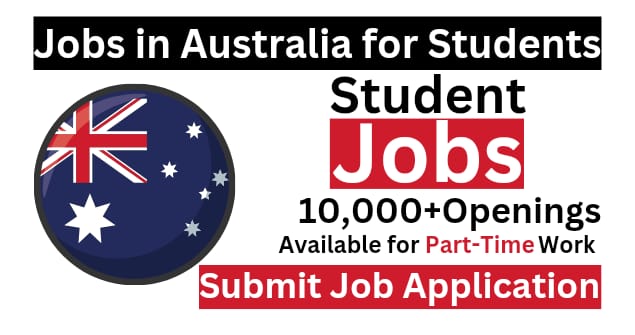To obtain a working visa for Poland, you must first determine whether you are eligible and then follow the steps outlined below:
Determine your eligibility: In order to apply for a working visa for Poland, you must first determine whether you are eligible. This includes factors such as your nationality, the type of work you will be doing, and your intended length of stay in Poland.
Find a job: Once you have determined that you are eligible for a working visa for Poland, the next step is to find a job. This can be done through job search websites, recruitment agencies, or by contacting employers directly.
Obtain a work visa: If you have found a job in Poland, you will need to obtain a work visa before you can begin working. This can be done by submitting a visa application to the Polish embassy or consulate in your home country. The employer who has offered you the job will typically provide you with the necessary documentation and support in obtaining the work visa.
Register with the local authorities: After arriving in Poland, you will need to register with the local authorities and obtain a residence card. This card will allow you to legally reside in Poland and will be required in order to obtain a work permit.
Apply for a work permit: Once you have registered with the local authorities and obtained a residence card, you can apply for a work permit. This can be done through the local labor office or through the employer who has offered you the job.
Obtain a temporary residence permit: If your work permit application is approved, you will need to obtain a temporary residence permit. This permit will allow you to legally reside and work in Poland for a specific period of time.
Extend your stay: If you wish to continue working in Poland after your temporary residence permit expires, you will need to apply for an extension. This can be done through the local authorities or through the employer who has offered you the job.
It is important to note that the process for obtaining a working visa and work permit in Poland can be complex and may take several months to complete. It is recommended that you seek the assistance of an immigration lawyer or a professional agency to help guide you through the process.
There are several benefits to working in Poland, including:
Strong economy: Poland has a strong and growing economy, making it an attractive destination for work. It has a highly developed infrastructure and a skilled workforce, making it an ideal location for businesses to set up operations.
Low cost of living: The cost of living in Poland is generally lower than in many other European countries, making it an affordable place to live and work.
Cultural diversity: Poland is a culturally diverse country with a rich history and a vibrant culture. It is home to a variety of ethnic groups, languages, and traditions, making it an interesting and exciting place to live and work.
Strong healthcare system: Poland has a well-developed healthcare system, with high-quality hospitals and medical professionals. Healthcare is affordable and easily accessible for those living and working in Poland.
Education opportunities: Poland has a strong education system and is home to several top-ranked universities. This makes it an ideal location for those seeking to further their education or advance their careers.
Outdoor recreation: Poland is home to a number of natural beauty spots, including forests, lakes, and mountains, making it an ideal location for outdoor enthusiasts.
Proximity to other European countries: Poland is located in the center of Europe, making it an ideal location for those who want to explore other countries. It is easy to travel to other European countries from Poland, making it a great base for those who want to experience the diverse cultures of Europe.
















